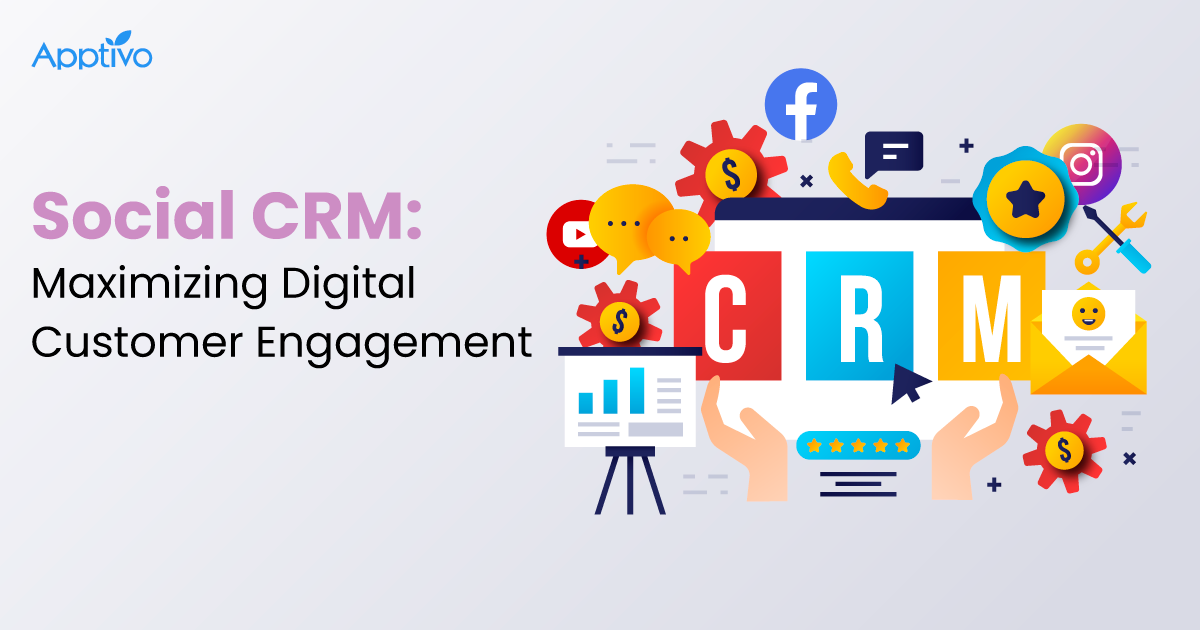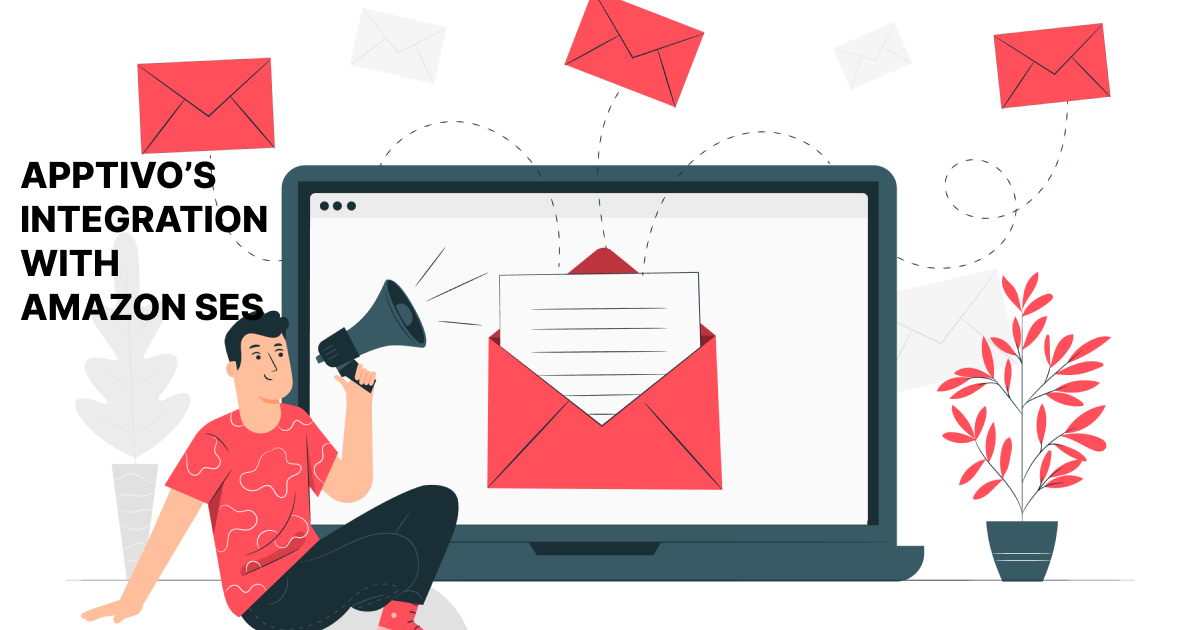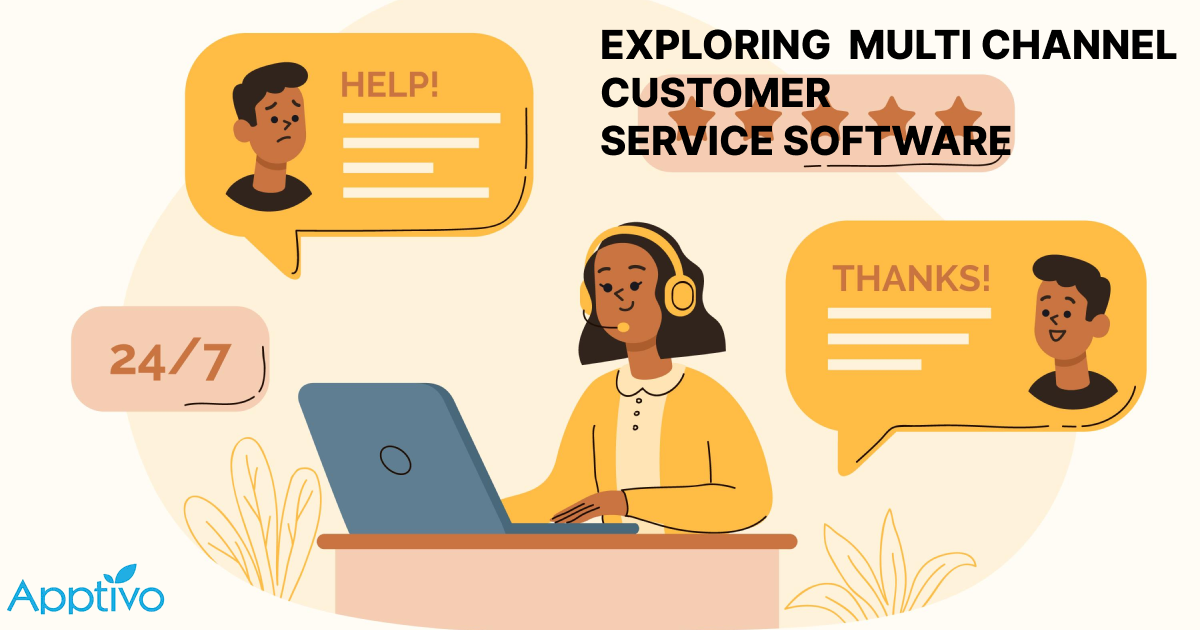 |
2. How Traditional CRM differs from Social CRM?
3. Why does your business need Social CRM software?
4. Tips for incorporating a social media CRM for businesses of any size
Social media is no longer just a place for personal connections and photo sharing. It has turned into an effective tool for businesses and brands to interact with the public. Social media management tools have been effortlessly incorporated into larger Customer Relationship Management (CRM) platforms in today’s landscape. The alternatives for the finest social media CRM software are continually expanding, providing organizations with a diverse range of options to meet their specific requirements.
What is Social CRM?
Social CRM (Customer Relationship Management) is the practice of building and managing customer connections via the use of social media platforms and interactions. It entails incorporating social media data and insights into a company’s entire CRM strategy. Social CRM seeks to analyze customer behavior, communicate with customers, and create personalized experiences by utilizing the power of social media channels.
How Traditional CRM differs from Social CRM?
Traditional CRM (Customer Relationship Management) and Social CRM (Social Customer Relationship Management) are two approaches to managing customer relationships, but their focus and strategies differ. Here’s a breakdown of the key differences between traditional CRM and social CRM:
Scope
Traditional CRM focuses on managing customer contacts and relationships via traditional techniques such as phone calls, emails, face-to-face meetings, and direct mail. It includes tasks like sales force automation, contact management, and customer service.
Social CRM, on the other hand, expands the CRM boundaries by adding social media platforms and internet channels. It comprises actively monitoring and engaging with clients on social media networks, analyzing data from social media platforms, and integrating social interactions with other CRM processes.
Communication channels
The former depends heavily on direct personal interactions between customers and corporate personnel via channels such as phone calls and emails. It is centered on one-on-one communication.
On the contrary, the latter uses social media platforms, online forums, blogs, and other online communities as communication channels. It allows businesses to interact with customers in a more public and social setting.
Data sources
Traditional CRM gathers information from internal sources of customer data, such as sales transactions, customer support interactions, and website visitors whereas Social CRM incorporates data from external sources like social media platforms, online communities, and other relevant sources, which includes significant data like customer mentions, reviews, comments, and social network accounts.
Customer engagement
Unlike traditional CRM, which focuses on personalized interactions and creating relationships with customers individually, social CRM focuses on community involvement and cultivating connections with a larger audience. Social CRM entails engaging customers in a more open and transparent manner, encouraging dialogues, and addressing their concerns in a social context.
Customer insights
Insights into customer behavior and preferences are derived from data collected from various touchpoints in traditional CRM. Social CRM, on the other hand, leverages social media data to gain additional insights into customer sentiments, preferences, and opinions. This helps companies understand brand perception and market trends through practices such as social listening and sentiment analysis.
Why does your business need social CRM software?
A business can benefit from using Social CRM software for several reasons:
Understand your audience better
B2B companies employ social CRM technologies to uncover that enterprises in their target market want a more user-friendly interface in industry-specific software solutions. With this knowledge, they prioritize interface improvements, adapt marketing efforts, and interact with customers to meet their demands. This allows companies to provide additional value, differentiate themselves from competitors, and increase their position in the B2B industry.
Improve your ad targeting
It is widely acknowledged as an effective technique for improving advertising efforts, particularly in terms of targeting. Personalized retargeting advertising can be efficiently provided to B2B prospects who have expressed an interest in a company’s offerings via social media platforms. Tailor-made adverts can be developed by analyzing the pages they have visited and understanding their special demands. Furthermore, CRM data may be used to create targeted lookalike audiences, allowing businesses to engage with social media users that display similar behaviors and attributes to their existing B2B customers. By identifying common features and interests in real-time, organizations can focus their efforts on prospects who have a better likelihood of converting into potential customers.
Automate your lead generation
Businesses can turn their interactions on social media sites into meaningful leads by utilizing an efficient social CRM application. One method is to implement automated workflows that can be triggered by various interactions with the brand’s social media presence.
For example, if a user mentions the brand, reacts to a post, or shares a post, an automation workflow can classify them as a lead, urging the sales staff to follow up with these accounts. Similarly, if a person sends a direct message to the brand, the automation can add them as a contact. This automated lead generation method not only saves time, but also allows for the creation of a comprehensive contact list that is extremely valuable to the company.
Deliver personalized content
It’s easy to get buried in the noise of the digital world and lose out on significant chances. This is where social CRM comes into play. Businesses can generate personalized and compelling content targeted to each prospect’s needs by leveraging social profiles and interaction history. This personalized approach, whether it’s a focused whitepaper or a guided presentation, boosts the odds of conversion and helps develop lasting connections. Brands can use social CRM to stand out from the crowd, leave a lasting impression, and convert leads into loyal customers.
Strengthen Your Brand-Consumer Relationships
Through personalized experiences, contextual insights, and meaningful dialogues, social CRM platforms enable brands to strengthen relationships with prospects and customers. By recognizing needs and actively listening, they empower brands to humanize conversations and deepen customer relationships.
When a prospect previously slipped out of the sales pipeline owing to financial difficulties, social CRM proved its worth. When the brand’s team contacts them months later, citing their previous struggles and expressing genuine concern about their present circumstances can help develop a solid bond. This indicates comprehension and attentiveness, which encourages customers to stay engaged with the company.
Social CRM also enables timely follow-ups, such as responding to social media complaints via email or performing onboarding calls for new customers. Brands can use social CRM platforms to assign relevant team members to follow-up tasks, ensuring seamless collaboration and visibility across several teams. This allows brands to deliver consistent and personalized experiences, resulting in better customer relationships and higher customer satisfaction.
Tips for incorporating a social media CRM for businesses of any size
Set your goals first
In order to align the CRM strategy, the goal for using social media should be clearly established. Goals such as growing brand awareness, driving website traffic, generating leads, and improving customer service fall under this category. Defining these goals will aid in the effective development of the CRM strategy.
Choose what’s right for you
Thorough study should be undertaken to select a good social media CRM product that fits the business needs. For an informed conclusion, consider platform features, integration possibilities, scalability, and pricing. For example, the tool’s interoperability with existing social media platforms, ability to manage real-time client contacts, and cost that is in line with budgetary limits should all be taken into account.
Consolidate all your accounts
To ensure enhanced efficiency and consistent messaging, it is advisable to integrate all social media accounts with the CRM system. This enables a unified management approach, where customer interactions can be tracked and responded to from a single platform. By connecting the social media accounts to the CRM system, organizations can streamline operations, improve efficiency, and maintain a cohesive message across various channels.
Actively engage with your audience
Make effective use of CRM systems to engage with customers on social media platforms. Ensure timely responses to inquiries, address concerns promptly, and offer valuable information in real-time. Proactive and personalized engagement strategies build trust and enhance customer satisfaction. For instance, promptly acknowledging and resolving a customer’s complaint on social media demonstrates the organization’s commitment to resolving issues and creates a positive impression for other potential customers who observe the interaction.
Remember that successful social media CRM installation involves constant commitment, monitoring, and adaption. To fully realize the potential of this powerful instrument, it is critical to stay current on the newest trends and best practices in social media management.
Summary
Businesses need to be agile and responsive. Shifting focus from traditional CRM to social CRM is the ideal choice for companies seeking dynamic and instantaneous management. Don’t hesitate any longer – explore the range of Social CRM solutions offered by different brands and take advantage of trial versions to find the perfect fit for your business.
Latest Blogs

Apptivo's Integration with Amazon SES for Outgoing Email Server
Amazon Simple Email Service (SES) is an email platform that provides an easy, cost-effective way to send and receive email using your email addresses and domains. Apptivo has migrated its email service to Amazon SES (Simple Email Service) to enhance the performance and reliability of our email services
Read more →
EXPLORING MULTI CHANNEL CUSTOMER SUPPORT SOFTWARE
1.What is customer service software? 2
Read more →
Maximize your business performance with seamless CRM Integration
1.What is CRM Integration? 2
Read more →
